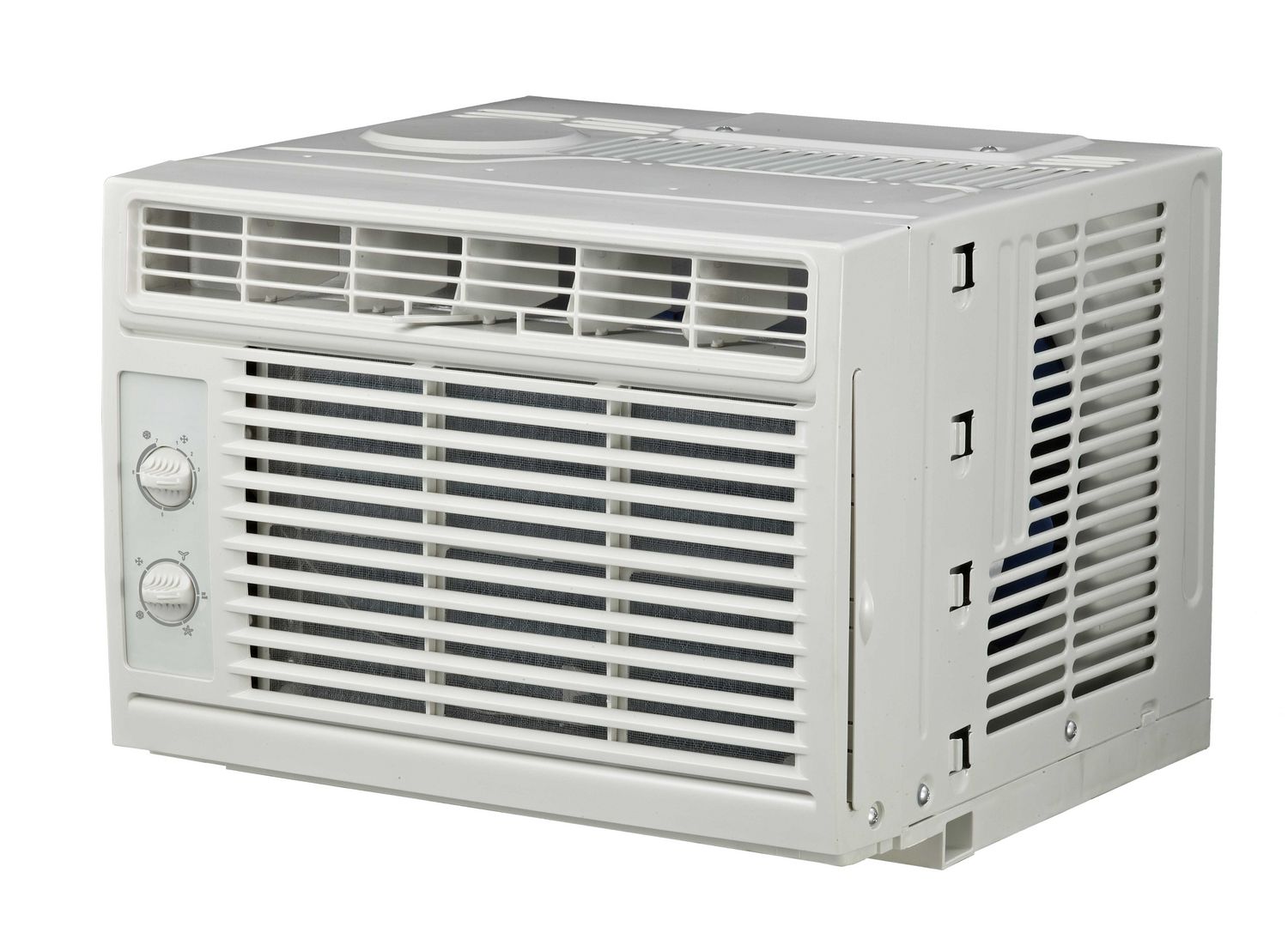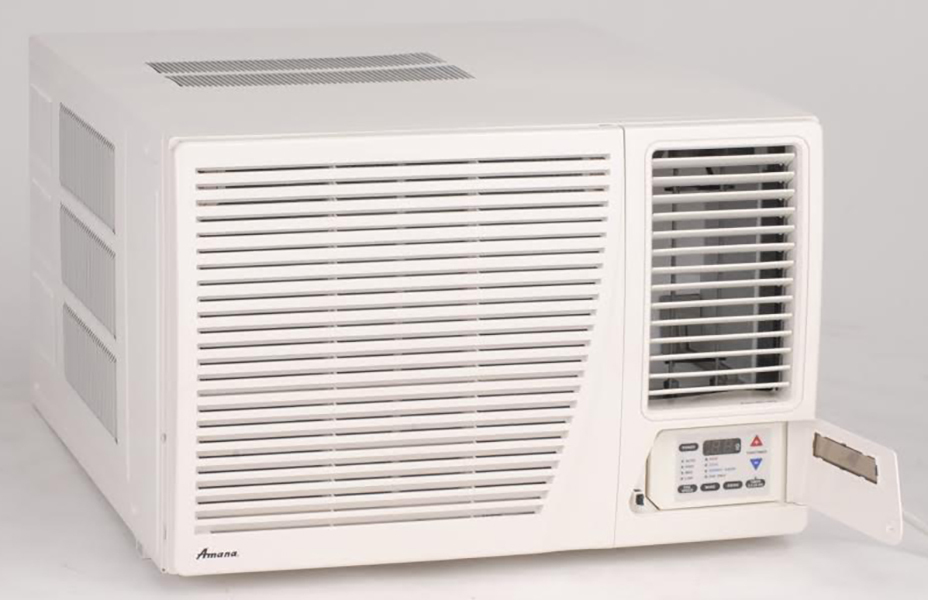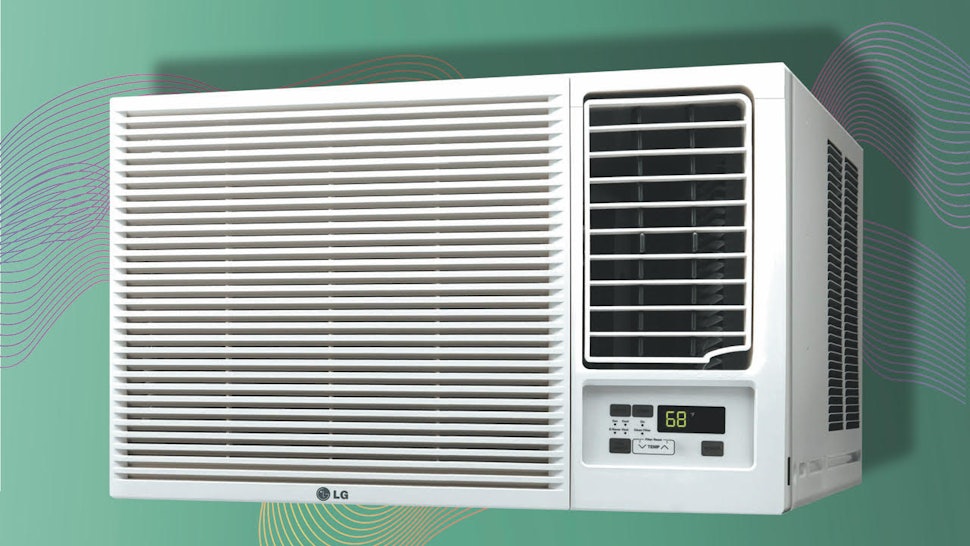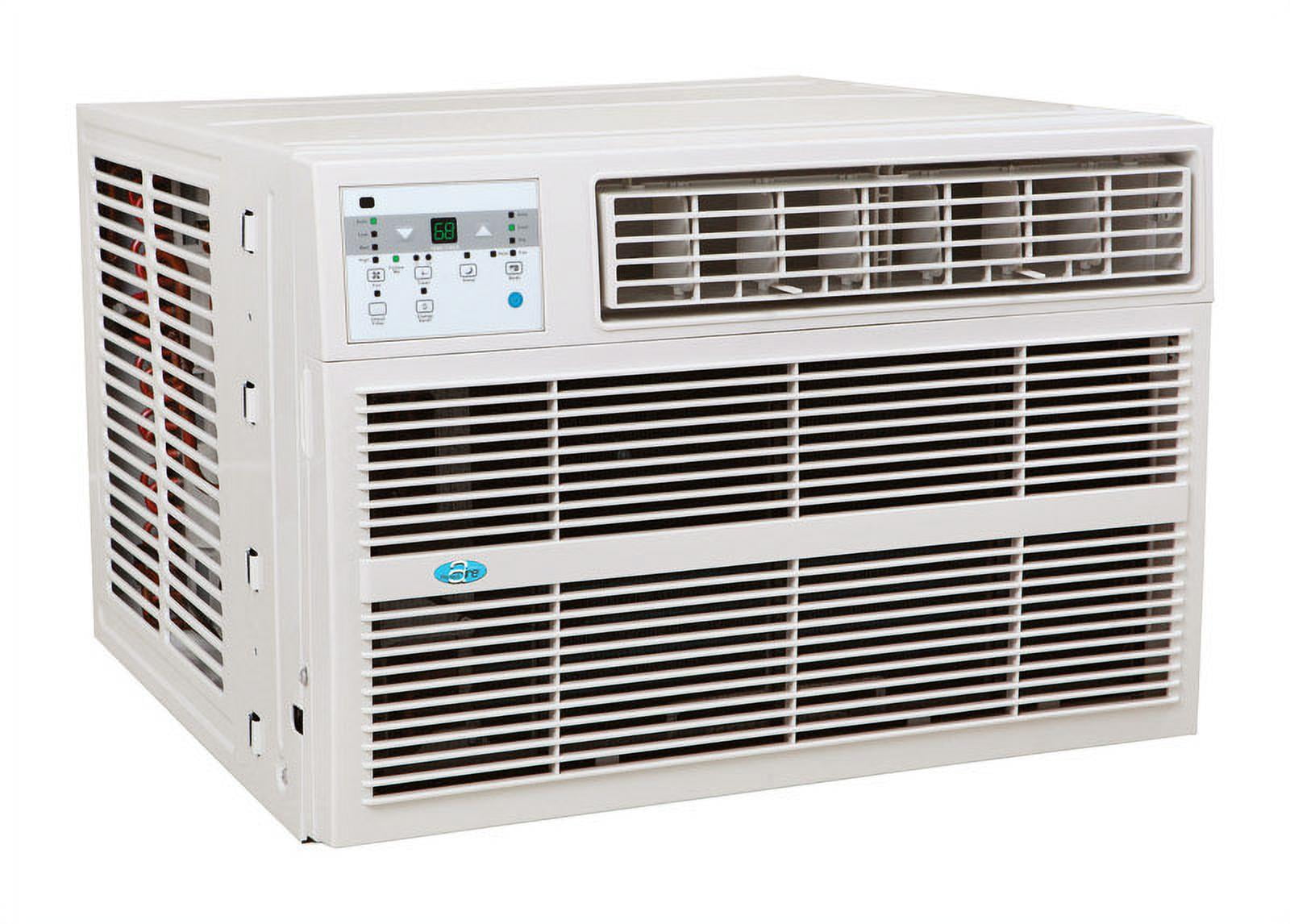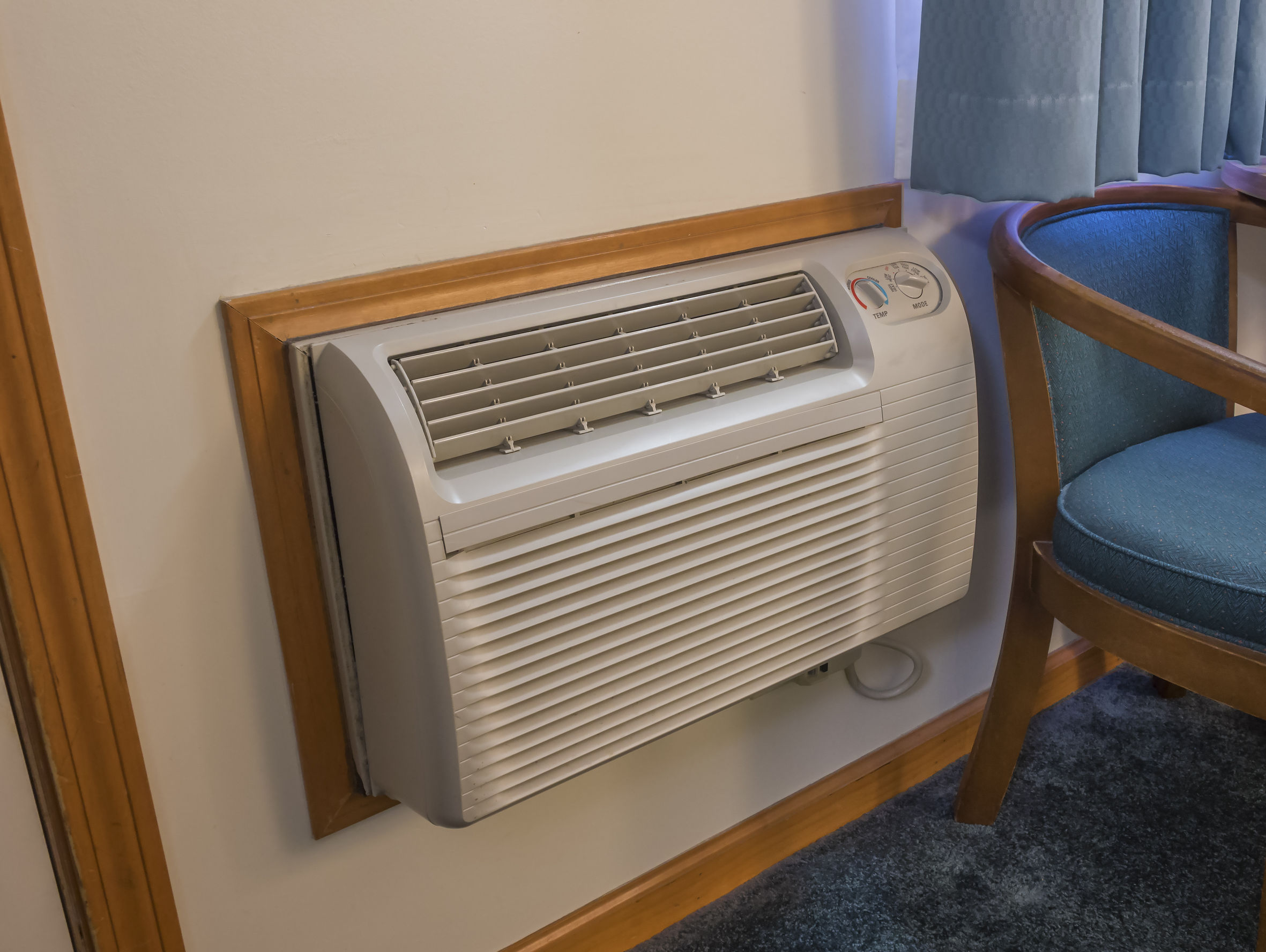Air Conditioner Heater Combo Window Unit

The HVAC industry is constantly evolving, presenting both seasoned professionals and newcomers with a diverse range of opportunities. While central air systems and furnaces dominate many discussions, the often-overlooked air conditioner heater combo window unit holds a significant place in the market, particularly in apartments, small offices, and supplemental heating/cooling solutions. Understanding these units is crucial for a well-rounded HVAC skillset.
Understanding Air Conditioner Heater Combo Window Units
Air conditioner heater combo window units provide both cooling and heating capabilities in a single, self-contained package. These units typically operate using a vapor-compression refrigeration cycle for cooling and electric resistance coils for heating. Some higher-end models may incorporate a heat pump for more energy-efficient heating, especially in moderate climates.
Key Features and Functionality
- Cooling Capacity (BTU): Measures the unit's ability to remove heat from a room. Selection depends on room size and insulation.
- Heating Capacity (BTU): Similar to cooling, this indicates the unit's heating output.
- EER/SEER Ratings: Energy Efficiency Ratio (EER) and Seasonal Energy Efficiency Ratio (SEER) measure cooling efficiency. Higher ratings indicate lower energy consumption.
- HSPF Rating: Heating Seasonal Performance Factor measures heating efficiency for heat pump models.
- Thermostat Control: Modern units often feature digital thermostats and remote controls for precise temperature management.
- Fan Speeds: Multiple fan speeds allow for airflow adjustment and noise control.
- Filter System: Air filters remove dust, pollen, and other particles, improving indoor air quality.
Market Trends and Job Outlook
While not as glamorous as large-scale commercial HVAC projects, the demand for technicians skilled in installing, maintaining, and repairing window units remains steady. According to the Bureau of Labor Statistics, the overall employment of HVACR mechanics and installers is projected to grow 6 percent from 2022 to 2032, about as fast as the average for all occupations. About 40,000 openings for HVACR mechanics and installers are projected each year, on average, over the decade. While this growth is broad, it reflects the continued need for expertise in all areas of HVAC, including window units.
The market for window units is driven by several factors:
- Affordability: Window units are often a more budget-friendly option compared to central HVAC systems.
- Ease of Installation: Installation typically requires minimal modification to the building structure.
- Localized Cooling/Heating: Window units allow for targeted temperature control in specific rooms or areas.
- Rental Properties: Landlords frequently use window units in apartments and other rental units.
This sustained demand translates into opportunities for HVAC technicians. Employers seek individuals with a solid understanding of refrigeration cycles, electrical systems, and troubleshooting techniques applicable to all HVAC equipment, including window units.
Career Paths and Salary Expectations
Proficiency with air conditioner heater combo window units can serve as a valuable stepping stone or specialization within an HVAC career. Here are a few potential career paths:
- HVAC Technician: Entry-level technicians often start by servicing and installing window units, gaining experience before moving on to more complex systems.
- HVAC Installer: Specializing in the installation of various HVAC equipment, including window units, requires knowledge of building codes and safety regulations.
- HVAC Service Technician: Focusing on the maintenance and repair of HVAC systems, including diagnosing and resolving issues with window units.
- HVAC Sales Representative: Selling and promoting HVAC equipment, including window units, requires technical knowledge and communication skills.
Salary ranges vary depending on experience, location, and certifications. According to recent data, the median annual wage for HVACR mechanics and installers was $59,620 in May 2023. The lowest 10 percent earned less than $36,870, and the highest 10 percent earned more than $97,780. Technicians with specialized skills, such as expertise in heat pumps or advanced diagnostics, often command higher salaries. Those focusing on residential HVAC, which includes window units, can expect salaries aligning with the median, with potential for growth through experience and further education.
Real-World Example: From Window Units to Commercial Systems
Consider the career path of Sarah, an HVAC technician who started her career focusing on residential systems, including window units. She quickly became proficient in diagnosing common problems like refrigerant leaks, compressor failures, and electrical issues. This foundation allowed her to progress to servicing larger residential split systems. With additional training and certifications, she transitioned to commercial HVAC, where she now works on complex rooftop units and building automation systems. Her initial experience with the fundamentals of HVAC, honed through working on window units, proved invaluable in her career advancement.
Essential Certifications
Certifications demonstrate competency and can significantly enhance career prospects in the HVAC industry. Here are some relevant certifications:
- EPA Section 608 Certification: Required by the EPA for technicians who handle refrigerants. This certification ensures proper refrigerant handling and disposal practices, protecting the environment. There are different levels (Type I, Type II, Type III, and Universal) based on the type of equipment serviced. All HVAC technicians working on window units with refrigerant *must* possess this certification.
- NATE Certification: North American Technician Excellence (NATE) offers certifications in various HVAC specialties, including air conditioning and heat pumps. While not specifically focused on window units, NATE certification demonstrates a broad understanding of HVAC principles.
- HVAC Excellence Certification: HVAC Excellence also provides certifications that validate the skills and knowledge of HVAC technicians.
- Manufacturer-Specific Training: Many manufacturers offer training programs on their specific equipment. Completing these programs can enhance your ability to service and repair specific brands of window units.
Earning these certifications not only enhances your knowledge and skills but also increases your credibility with employers and customers.
Developing Essential Skills
Success in the HVAC industry requires a combination of technical skills, problem-solving abilities, and customer service skills. Here are some key skills to develop:
- Technical Knowledge: A thorough understanding of refrigeration cycles, electrical systems, and HVAC components.
- Troubleshooting Skills: The ability to diagnose and resolve issues efficiently and effectively.
- Problem-Solving Skills: The capacity to think critically and develop creative solutions to complex problems.
- Customer Service Skills: Excellent communication and interpersonal skills to interact with customers professionally.
- Safety Awareness: A strong commitment to safety practices and procedures.
Tips for Success
- Seek Hands-On Experience: Participate in apprenticeships, internships, or volunteer opportunities to gain practical experience.
- Continuously Learn: Stay up-to-date with the latest technologies and industry trends through continuing education and professional development.
- Network with Professionals: Attend industry events and join professional organizations to connect with other HVAC professionals.
- Develop Strong Communication Skills: Effective communication is essential for interacting with customers and colleagues.
Resources for HVAC Professionals
There are numerous resources available to support HVAC professionals throughout their careers:
- HVAC Trade Associations: Organizations like ACCA (Air Conditioning Contractors of America) and ASHRAE (American Society of Heating, Refrigerating and Air-Conditioning Engineers) provide valuable resources, training, and networking opportunities.
- Online Forums and Communities: Online forums and communities offer a platform for HVAC professionals to share knowledge, ask questions, and learn from each other.
- Trade Publications: Trade publications like ACHR News and HVACR Business provide industry news, technical articles, and product updates.
- HVAC Training Programs: Vocational schools, community colleges, and technical institutes offer HVAC training programs that prepare students for entry-level positions.
The seemingly simple air conditioner heater combo window unit offers a valuable entry point or niche for HVAC professionals. By understanding the technology, market trends, and career paths associated with these units, technicians and installers can build a solid foundation for a successful career in the HVAC industry.
Remember, the HVAC field is a dynamic one. Continuous learning, professional development, and a commitment to excellence are key to long-term success. Whether you are a seasoned technician or just starting out, embracing the opportunities presented by all aspects of HVAC, including window units, will position you for a rewarding and fulfilling career.



